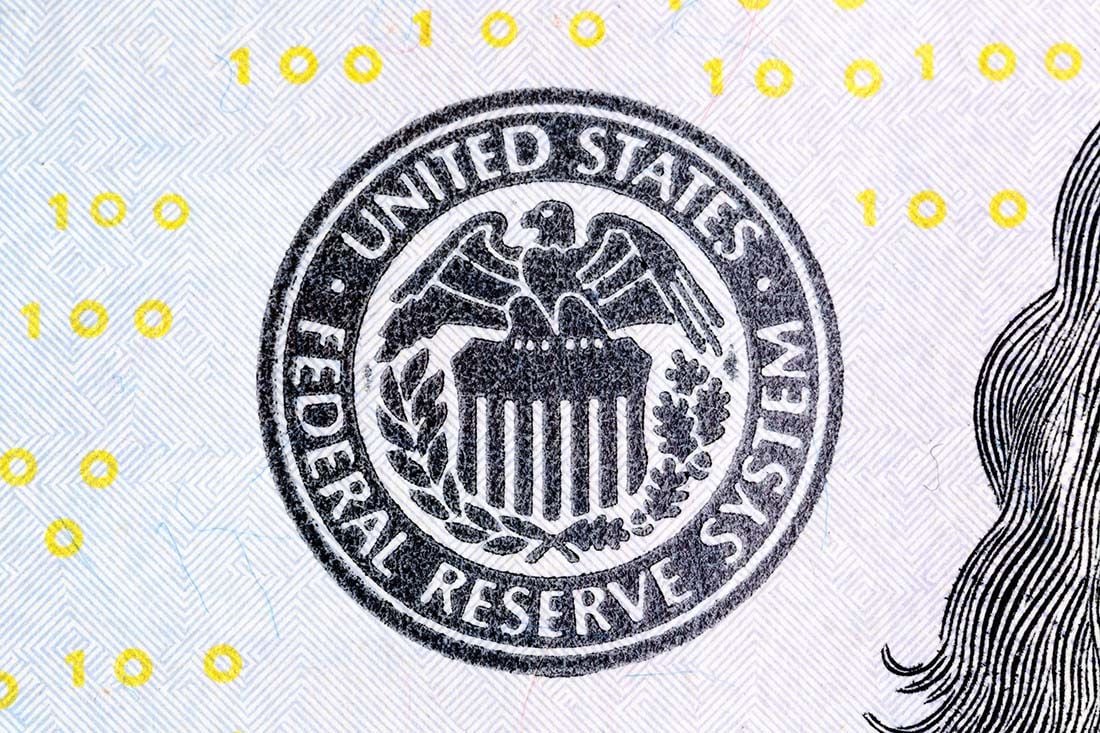Pound to Return to 1.20 vs. Dollar on Rising U.S. Recession Risks: Rabobank
- Written by: Gary Howes
"We maintain our view that the USD is likely to be stronger for longer" - Rabobank.

Image © Adobe Images
The U.S. Dollar will remain well supported over coming months as the U.S. economy's slide into recession keeps a solid bid under safe haven assets, potentially pressing GBP/USD to below 1.20.
This is according to a new currency research update from international financial services provider and investment bank Rabobank.
"We maintain our view that the USD is likely to be stronger for longer," says Jane Foley, Senior FX Strategist at Rabobank in London.
The assessment comes as investors consider the implications for the U.S. Dollar in the event the U.S. economy falls into a recession which more and more economists say is now a likely outcome.
"While a US recession in 2023 suggests that the market will by then be pricing in Fed rate cuts, the USD could be slow to give back its gains until confidence in global growth and risky assets starts to repair," says Foley.
GBP to USD Transfer Savings Calculator
How much are you sending from pounds to dollars?
Your potential USD savings on this GBP transfer:
$1,702
By using specialist providers vs high street banks
Expectations for a U.S. recession have risen sharply as the Federal Reserve steps up efforts to fight inflation by raising interest rates.
Fed officials remain undaunted by the prospect of sharply slowing growth with FOMC member Christopher Waller saying over the weekend "the Fed is 'all in' on re-establishing price stability," adding, "my goal is just to slow the economy".
"If the market is concerned about the tail risks of a possible US recession, it should be buying the USD, not selling it," says Daragh Maher, Head of Research for the Americas at HSBC. "In most instances, this is backed up by the performance of the USD during peak-to-trough economic cycles in the US."
Foley concurs.
"A US recession will have ramifications through the global economy," she says, "The result is that the environment is unlikely to be conducive to risky assets.".
Last week's 75 basis point hike at the Federal Reserve was the largest hike since 1994 and is most likely the first in what promises to be a string of such outsized hikes.
The implication is a rapidly rising cost of finance in the U.S. which in turn slows the economic pulse.

Above: U.S. Real GDP Growth and projections by Wells Fargo. Source: U.S. Department of Commerce and Wells Fargo Economics.
Economists at AXA say the average cost of funding of U.S. corporates is now the highest since the end of the Great Financial Crisis of 2008-2009.
"This will affect business spending decisions in the months ahead. We suspect the Fed is intentionally downplaying the amount of pain its tightening will entail," says Gilles Moëc, AXA Group's Chief Economist.
Foley explains monetary policy is a blunt tool and Rabobank economists anticipate the "Fed’s determination to put the inflation monster back in its cage will result in a US recession during the course of 2023".
"As a consequence safe haven flows could keep the USD stronger for longer," she adds.
Regarding the Pound, Foley says the UK has been suffering weak investment for years, with has not been aided by political uncertainty created by Brexit and by the various distractions that have surrounded the Johnson government.
"Perceived weak fundamentals means that the UK’s current account deficit comes into play as a currency negative factor," she adds.
Rabobank forecasts the Pound-Dollar exchange rate back at 1.20, and potentially below, on a three-month view.
GBP to USD Transfer Savings Calculator
How much are you sending from pounds to dollars?
Your potential USD savings on this GBP transfer:
$1,702
By using specialist providers vs high street banks




